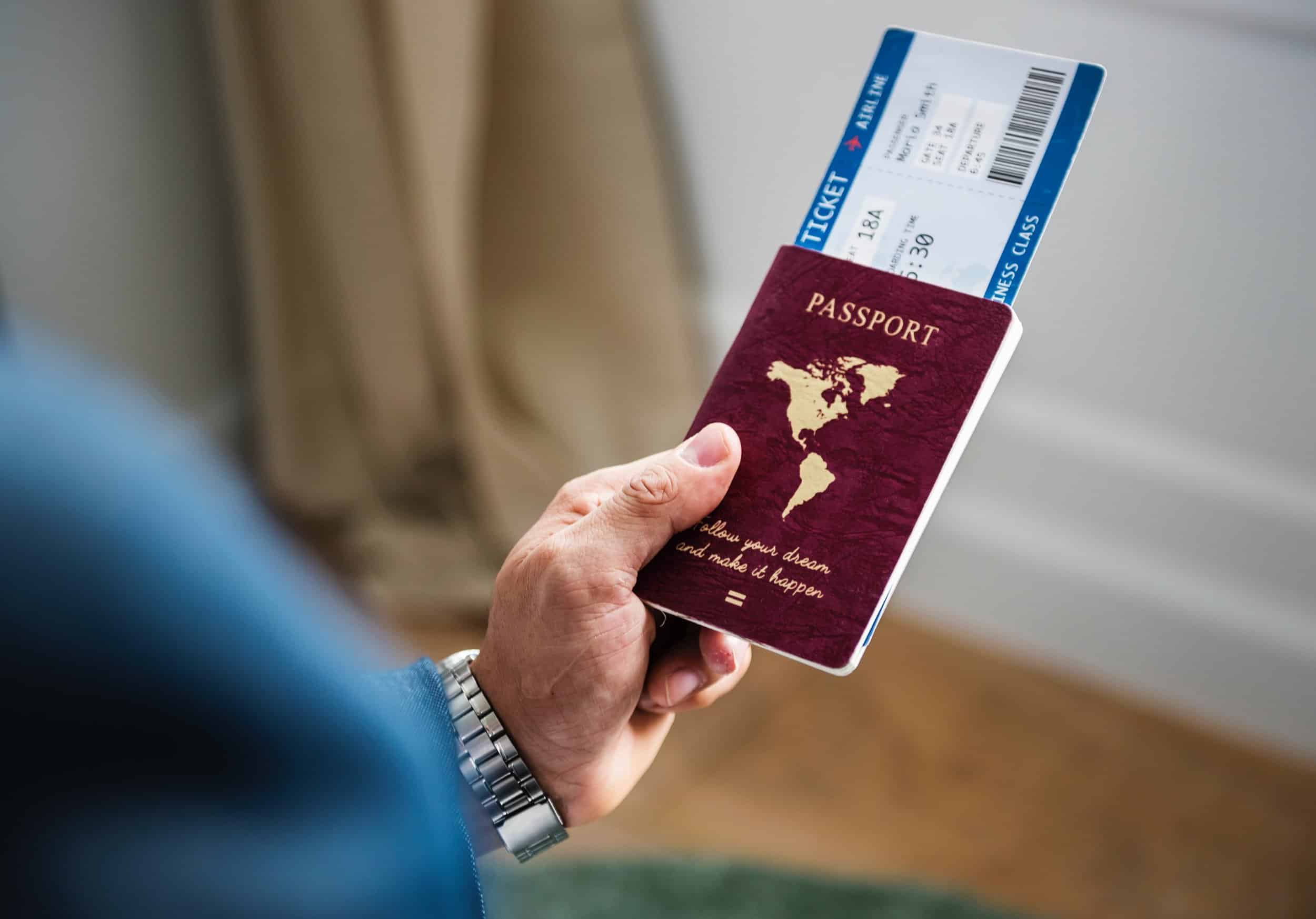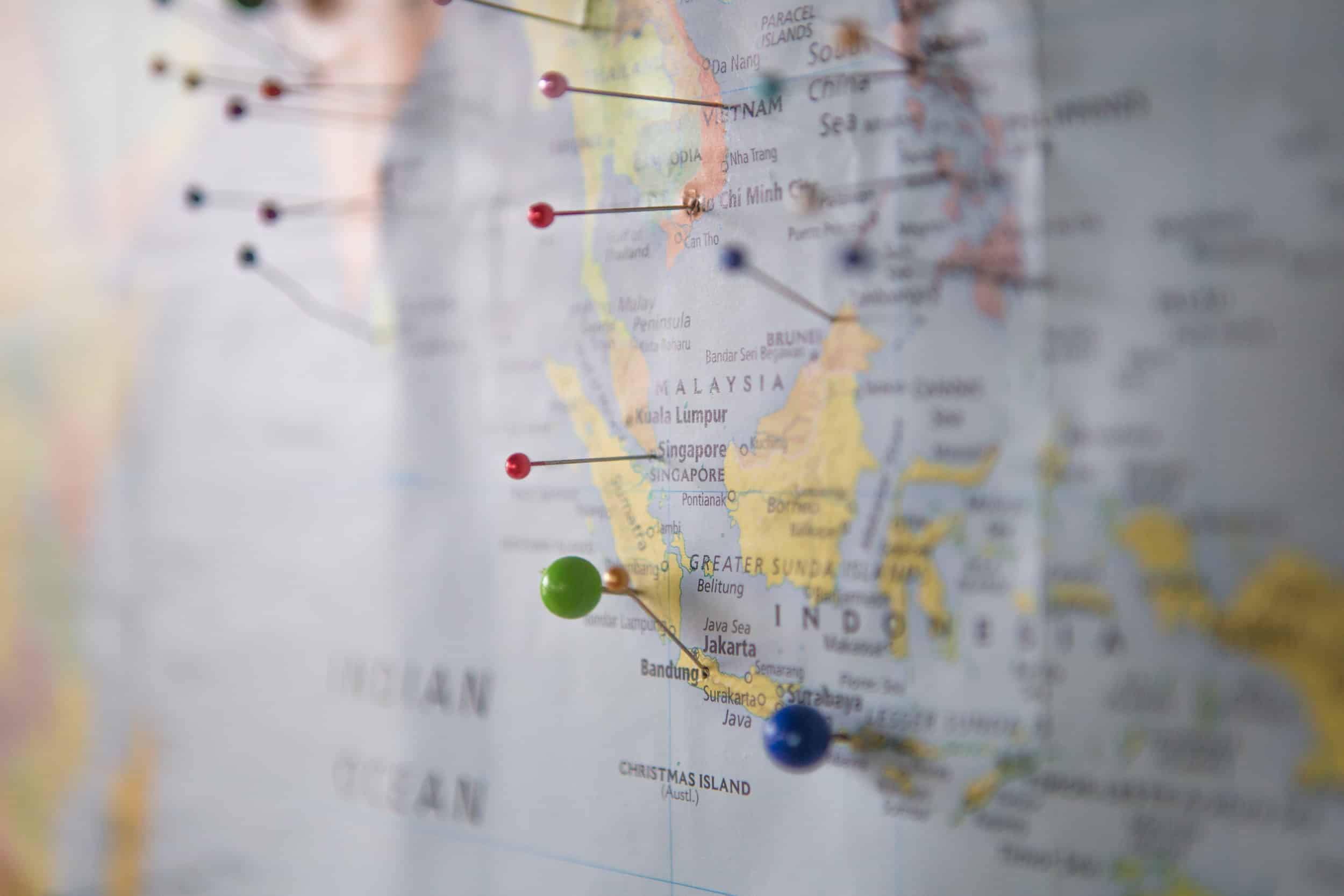
What is the deal with Real IDs?
Lane Koch, Staff Writer
Photo Courtesy of Unsplash.com
Traveling during the holiday season can be stressful. Wondering if you packed enough clothes, boarding pets, and mild anxiety about whether or not you turned off the stove can test even the calmest individuals. Not to mention flight delays and rude TSA agents. Those hoping to fly in 2020 will need one more thing—a real id.
In May of 2005, congress passed the Real ID Act enacting new procedures for states issuing driver’s licenses. Each state will collect original documents verifying identity, social security number and residence. Citizens without a real id will not be able to access federal buildings, nuclear plants, or board commercial aircraft.
The law passed, on recommendation from a 9/11 safety commission, in an attempt to prevent identity theft or future possible acts of terrorism.
On Oct. 1, 2020, real ids will be required for foreign and domestic travel. The Department of Homeland Security (D.H.S.) is working with states to provide further security measures and acceptable alternative ids.
These alternatives include a passport, trusted traveler card such as global entry, border id card or permanent resident card.
Photo courtesy of Unsplash.com
But why are they so controversial?
Real ids are just the latest face of an ongoing debate about the line between safety and freedom.
Some are celebrating the new national ID hoping it will provide easier travel, security from identity theft, and the cut down on illegal immigration.
However, many civil rights groups are opposed to the law citing issues with privacy and constitutional overreach. According to the Americans Civil Liberties Union (ACLU), “If fully implemented, the law would facilitate the tracking of data on individuals and bring government into the very center of every citizen’s life.”
The idea is also controversial due the ongoing national discussion surrounding illegal immigration. Also, the potential of stored information in a centralized location could be seen as a challenge by hacker elite and has many fearing their identities will be even more compromised.
Many that see the issue view the card as a necessary evil to prevent identity theft and terrorism.


